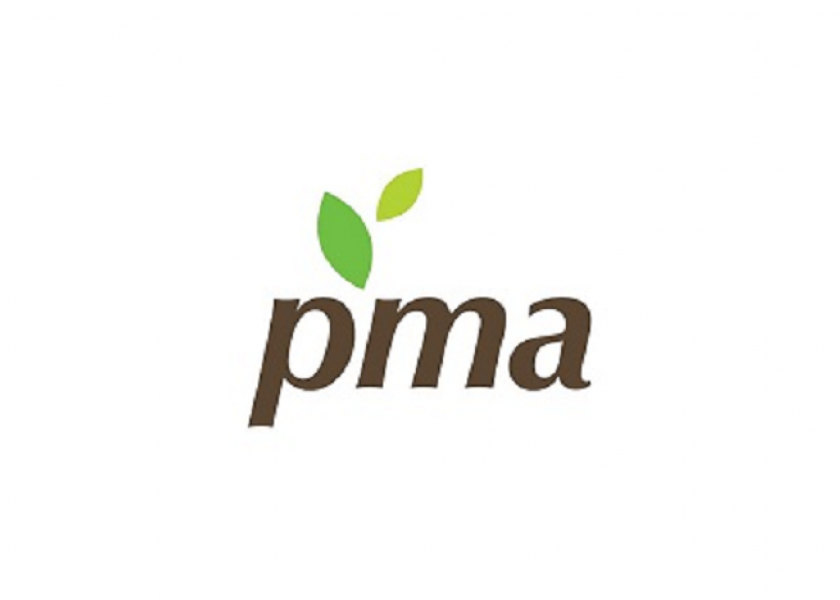COVID-19 hastens investments in training, technology

For produce operators, the cost of doing business took on a whole new context after the COVID-19 pandemic began.
In a Sept. 16 Produce Marketing Association Virtual Town Hall, “The Cost of Compliance in the Age of COVID,” panelists looked at new costs that are now a baseline reality for produce operators.
The session, moderated by Max Teplitski, chief science officer for PMA, featured panelists Robert Verloop, chief operating officer and general manager at Coastline Family Farms, and Jim Byron, CEO and founder of food safety company Xgenex.
Byron, who has experience in both produce and poultry food safety, said the COVID-19 pandemic has been a learning process from the start.
“This snuck up on everybody, snuck up suddenly and very dramatically and drastically,” he said.
The fundamental approach is consistent across food industries, he said, referencing sanitizers and social distancing.
“There are some fundamental things that in my observation can still be done better, very simple things like wearing masks all the time, social distance, and barriers,” he said.
“I think most companies are continuing to try to improve those things.”
Simple things like a greater focus on hand washing could pay dividends, he said.
“I see employees that are running their hands under the water and splashing around a little bit, but really not being thorough,” he said. “In this time of COVID, really focusing on those fundamentals is really important.”
Byron said every food company should be prepared to deal with the threat of COVID-19 for at least another year and possibly longer.
“We are going to be with coronavirus for a long time to come; it is going to take time to get through this pandemic,” he said.
Investments made in training on hygiene practices and technology to minimize the presence of humans in processing plants will pay long-term dividends.
“It might be that we all just become so accustomed to a new way of doing our work in light of viruses that these things are going to be practicing that we will continue on even after we get through this current crisis with this specific virus, COVID-19.”
Training and education have been components of what processors and grower-shippers have done, Verloop said.
“We have the field operations, we have harvesting, we have cooling and transportation, and each one of those segments has experienced additional costs, whether it’s personal protective equipment, plexiglass dividers or social distancing,” he said.
Verloop said a challenge that produce operators faced early on was educating workers about social distancing, at work and in non-work settings.
The Grower-Shipper Association of Central California also has worked with local health officials to give needed training to farm workers.
“We have had doctors, nurses and health practitioners going to the fields and providing the education. ... We really wanted to bring home the importance of personal hygiene and sanitation, and that it’s much more than just at work,” Verloop said.
Related Content:
CFIA working with produce operators on new regulation







